TradeHall vs. HYCM: Which Broker Should You Choose?
Abstract:When choosing a broker, understanding the difference between superficial features and real regulatory protection is essential. In this article, WikiFX will compare TradeHall and HYCM. While on the surface, both brokers offer a wide range of trading instruments, the real difference lies in their regulatory statuses, which is a commonly overlooked factor for traders when they opt for brokers.
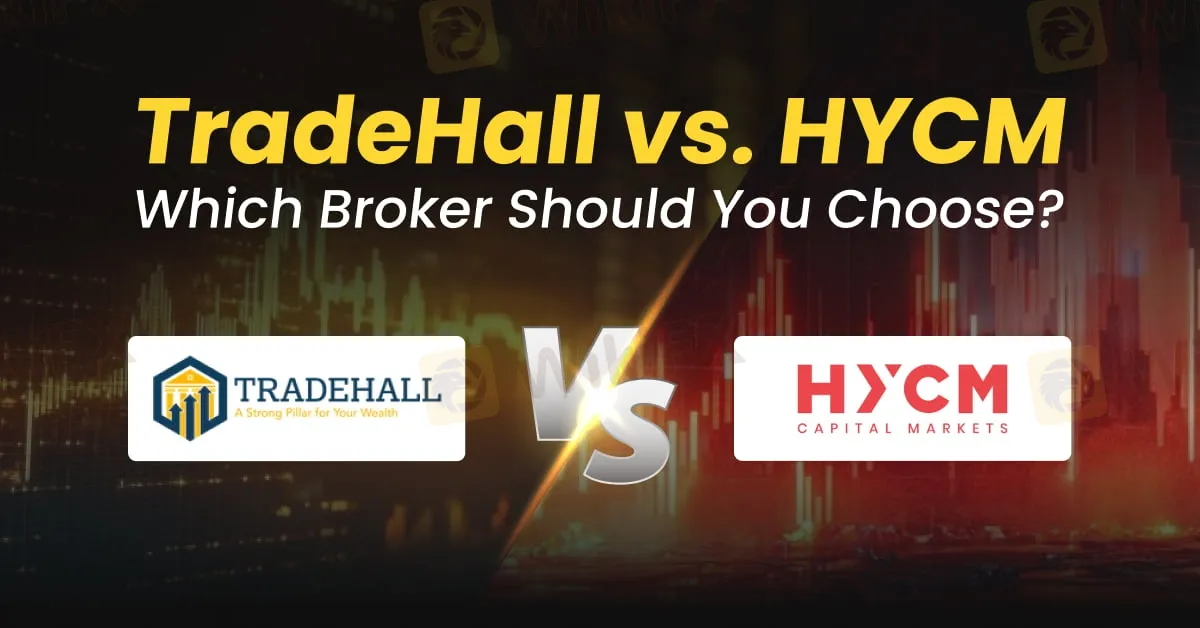
When choosing a broker, understanding the difference between superficial features and real regulatory protection is essential. In this article, WikiFX will compare TradeHall and HYCM. While on the surface, both brokers offer a wide range of trading instruments, the real difference lies in their regulatory statuses, which is a commonly overlooked factor for traders when they opt for brokers.

Both TradeHall and HYCM offer more than 500 trading instruments, including forex, stock CFDs, and, in some cases, crypto. They also support popular platforms like MetaTrader 5, with HYCM additionally offering MetaTrader 4 and some in-house tools. But while their product offerings and leverage options may look similar on the surface, the real difference lies in how each broker handles regulation, transparency, and risk.
TradeHall operates in a legal gray area. It‘s registered in Saint Vincent and the Grenadines, an offshore zone that doesn’t regulate forex brokers. Worse, the ASIC license it claims to possess is being revoked by the Australian watchdog. Additionally, it is being flagged by the Securities Commission of Malaysia.
Beyond regulation, TradeHall lacks transparency on costs. It doesnt clearly disclose its spreads or ECN fees. Real-world spreads on EUR/USD hover around 2.5 pips, which is high and suggests hidden markups. Technical problems are also commonly reported, particularly in Asia, where traders report platform slippage and latency issues.
HYCM, by contrast, presents a mixed picture. Although it‘s regulated by the FCA (UK), this broker is also being flagged by Malaysia’s Securities Commission.
Operationally, HYCM struggles a bit with speed and clarity. Bank withdrawals can take up to a week, and the commission on its Raw account ($4 per lot) is sometimes misunderstood by beginners as a hidden fee. Its educational resources are also lacking, especially when it comes to explaining account types and costs, which can confuse less experienced users.
That said, for traders who stick with HYCMs regulated branches and make use of e-wallets like Neteller or Skrill for faster withdrawals, the broker can be a viable option. Its $20 minimum deposit and 0.01 lot trading size make it accessible to small investors. The key is choosing the right account type: the Fixed or Classic account suits occasional traders, while the Raw account is better for scalpers who understand commission-based pricing.
If youre comparing these two brokers, TradeHall should be avoided entirely. HYCM, while not perfect, is still generally safer than TradeHall. However, users should opt for a more reputable and credible broker through the free WikiFX mobile application. With over 60,000 brokers to choose from, there is always a better broker in the industry that deserves your trust.

Read more
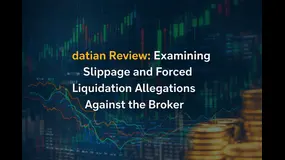
datian Review: Examining Slippage and Forced Liquidation Allegations Against the Broker
Did you face losses due to a sudden change in the trading price on the datian platform? Were your transaction records deleted by the Hong Kong-based forex broker? Did the broker liquidate your trading account multiple times despite not reaching the stage where it mandated this move? Have you experienced heavy slippage on the trading platform? Concerned by these issues, traders have complained about the broker online. We will let you know of these with attached screenshots in this datian review article. Keep reading!
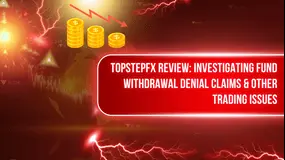
TopstepFX Review: Investigating Fund Withdrawal Denial Claims & Other Trading Issues
Did you face constant rejections of your fund withdrawal applications by TopstepFX? Have you been denied withdrawals in the name of hedging? Did you witness an account block without any clear explanation from the forex broker? There have been numerous user claims against TopstepFX regarding its withdrawals, payout delays and other issues. In the TopstepFX review article, we have investigated the top complaints against the US-based forex broker. Keep reading!
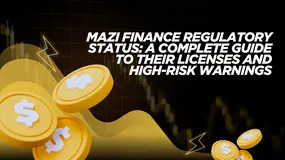
Mazi Finance Regulatory Status: A Complete Guide to Its Licenses and High-Risk Warnings
When choosing a broker, the first question is always about safety and legitimacy. Is my capital safe? For Mazi Finance, the answer is clear and worrying: Mazi Finance is an unregulated broker. While the company, MaziMatic Financial Services LTD, is registered in the offshore location of Saint Lucia, this business registration does not replace strong financial regulation from a top-level authority. Independent analysis from regulatory watchdogs shows a very low trust score, made worse by official warnings from government financial bodies and many user complaints about serious problems. This article provides a clear, fact-based analysis of the Mazi Finance regulation status. Our goal is to break down the facts and present the risks clearly, helping you make an informed decision and protect your capital.
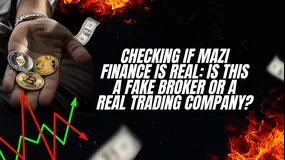
Checking if Mazi Finance is Real: Is This a Fake Broker or a Real Trading Company?
If you're wondering, "Is Mazi Finance legit?" or worried about a possible Mazi Finance scam, you are asking the right questions. These are the important first steps every trader must take to protect their capital. In a market full of chances to make money, there are just as many traps. Our goal is to give you a clear, fact-based answer. We have done a complete investigation into Mazi Finance, looking at its legal status, company structure, user experiences, and trading conditions. This is not a review based on marketing claims; it is a check for legitimacy based on facts we can prove. To be direct, our findings show that Mazi Finance operates with serious warning signs that should worry any trader. The biggest problem is its complete lack of proper regulation from any respected financial authority. This fact alone puts it in a high-risk category. This article will explain exactly what that means for you and your money.
WikiFX Broker
Latest News
CBN Bolsters Forex Liquidity: Resumes BDC Sales as Reserves Hit $47 Billion
9Cents Review 2026: Is this Broker Safe?
Titan Capital Markets Review 2026: Comprehensive Safety Assessment
Plus500 Scam Alert: Withdrawal Issues Exposed
PXBT Review: A Seychelles-Based Trap for Your Capital
Here are the five key takeaways from the January jobs report
Is Alpari safe or scam? What You Need to Know
Pemaxx Review: A Deep Look into Serious User Problems and Safety Concerns
Japanese Yen Surges as Political Stability Lures Foreign Capital
Global Capital Rotation Batters Greenback; USD/JPY Pierces 156
Rate Calc

